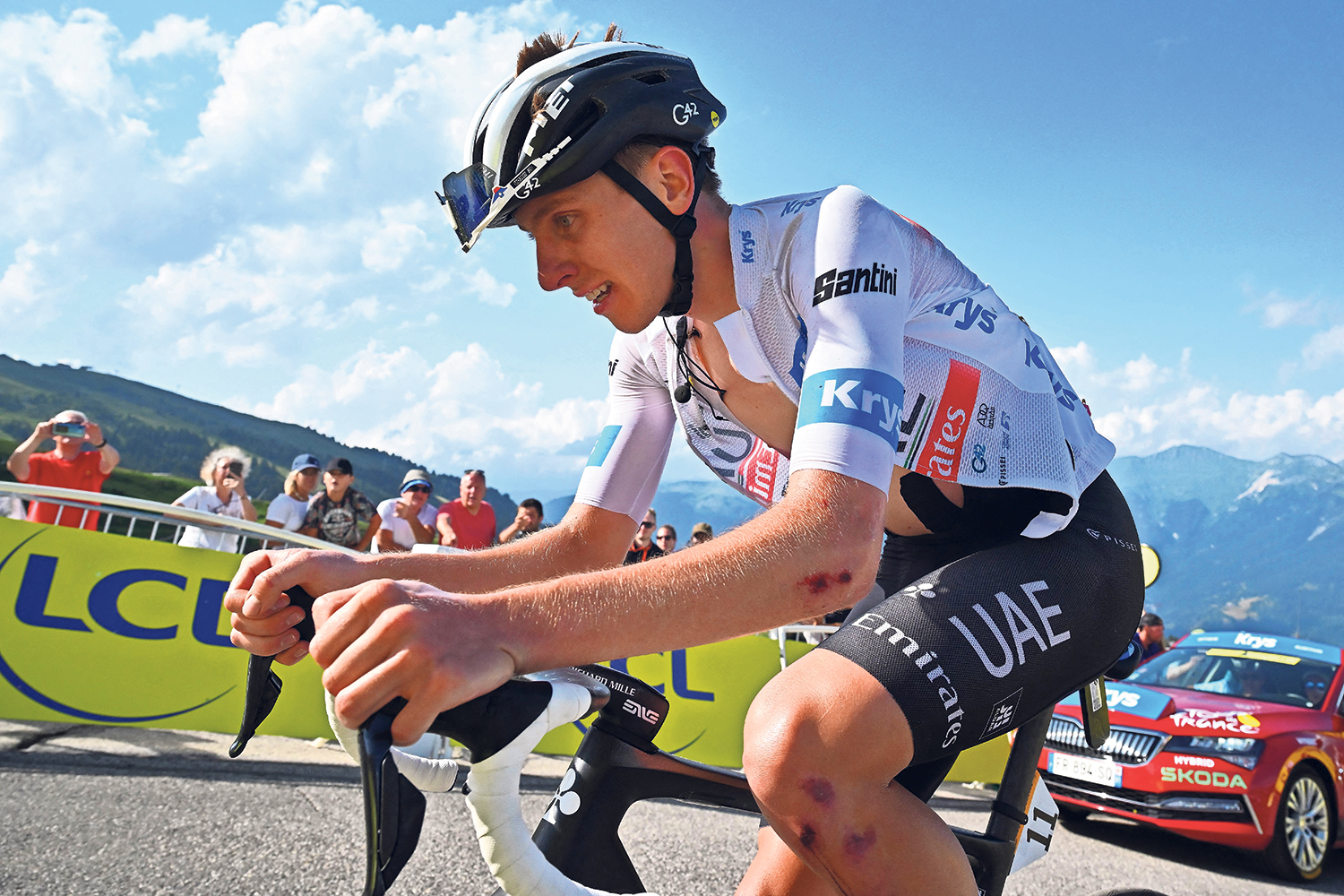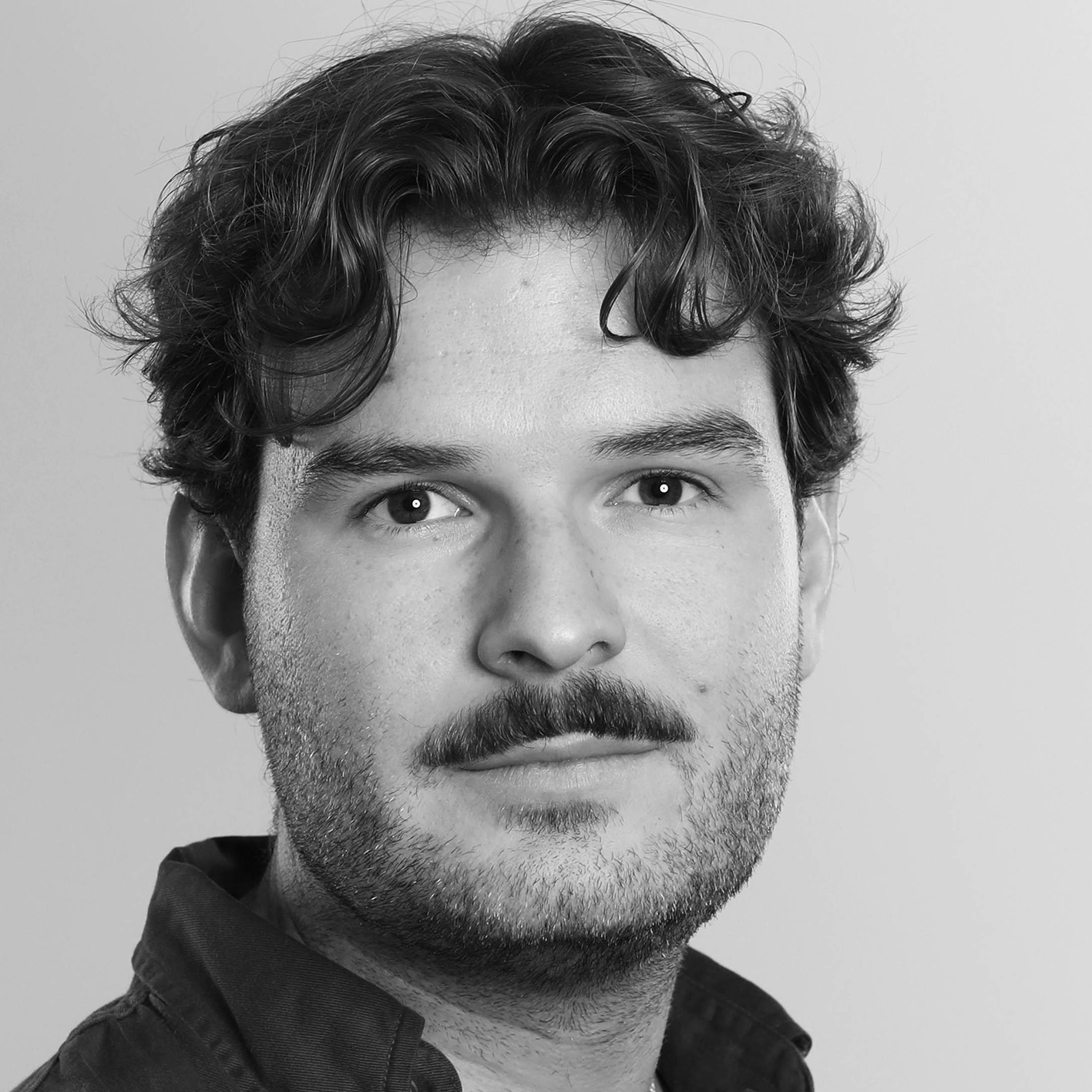Anyone not of sadomasochistic persuasion can get from Lille to Paris in well under two hours, for less than £50. Even walking would only take three days. If you start heading towards Dunkirk, you’re going the wrong way. If you make it anywhere near Normandy, seek immediate help.
By the time you get to the Pyrenees, or Courchevel, you have to assume someone is consciously acting against their better interests. As is so often the case, this liminal space between sanity and the outer limits of human potential is where cyclists thrive.
A three-week counterclockwise circumnavigation of the nation, the route for the 112th Tour de France, is brutal even by the lofty standards set by its own longstanding brutality.
The first time the race will not leave France since 2020, a comparatively languid first act through Brittany acts as foreplay for a second half with five mountain stages and most of the 52,500m elevation. Superbagnères, Mont Ventoux and the Col de la Loze are all famously barbaric climbs, with the latter 2025’s “Queen Stage”, reaching the highest altitude of the Tour (2,304m), the third “Hors Categorie” mountain climb of stage 18.
It was on the lower reaches of the Col de la Loze two years ago that Tadej Pogačar’s Tour collapsed, with him telling his team director: “I’m gone. I’m dead.” He finished the stage more than five minutes behind eventual general classification winner Jonas Vingegaard. Gone in every sense.
So the greatest cyclist ever, perhaps the greatest athlete ever, must conquer an ascent that once broke him if he is to join five riders with at least four Tour triumphs.
His clearest competitor is 2022 and 2023 victor Vingegaard, now fully fit after injury issues. In theory, this course is a museum of Pogačar’s rare struggles – Mont Ventoux (where Vingegaard blitzed past the Slovenian in 2021 before eventually being overtaken), the Hautacam (where Vingegaard won by more than a minute in 2022 to effectively confirm his first Yellow Jersey) and the Col de la Loze. But having not dropped lower than third in any of this year’s World Tour races and winning the past three – Flèche Wallonne, Liège-Bastogne-Liège and the Critérium du Dauphiné– the reigning champion is also the runaway favourite.
Pogačar beat Vingegaard by almost a minute at the Critérium, both riders’ last pre-Tour race and a traditional indicator of Tour success. The Dane building towards a perfectly-timed peak is his clearest hope for success, aided by the strongest wider team in Visma-Lease A Bike. It will also be the first time since July 2024 that Pogačar, Vingegaard and Remco Evenepoel – the three favourites – race each other, with Primož Roglič the other noteworthy contender.
Of the British contingent, this will be Geraint Thomas’s final Tour before following Mark Cavendish into retirement at the end of the season, with preparation hampered by a knee injury that led him to abandon the Tour de Suisse last week. It will also be the last year the Tour is broadcast on ITV.
Simon Yates finally conquered the Giro d’Italia in May and will play a key role on Vingegaard’s Visma-Lease A Bike support squad, but don’t expect individual glory. Two familiar names – two-time Olympic gold medallist Tom Pidcock and four-time Tour winner Chris Froome – are not competing this year. Pidcock ruled himself out after leaving Ineos Grenadiers for Swiss team Q36.5, who do not automatically get Tour qualification.
Newsletters
Choose the newsletters you want to receive
View more
For information about how The Observer protects your data, read our Privacy Policy
Meanwhile, Froome is flirting with retirement, but perhaps more interesting is his team, Israel-Premier Tech. They don’t receive state funding, but do get financial support from non-profit organisation Start-Up Nation. Canadian-Israeli co-owner Sylvan Adams – an ally of Benjamin Netanyahu and Donald Trump – labels himself “a self-appointed ambassador at large for the state of Israel”. The team exist to promote Israel and further the Israeli brand in sport. Israel is the biggest and clearest word on the team jerseys.
A team cycling through France under the Israeli flag for three weeks raises huge security concerns. A protester was charged with bodily harm in May after narrowly avoiding causing a major crash by running into the Giro d’Italia, while another held up a banner reading “Israel out of the Giro”. There were protests against the team during last year’s Tour of Britain.
The Boycott, Divestment and Sanctions movement has called for peaceful protests during the Tour, and Israel-Premier Tech told The Observer additional security measures are not being put in place. Given the challenges policing stages that can span 200km, the potential for this storyline to occasionally usurp the cycling feels almost inevitable.
Photograph by Marco Bertorello/AFP via Getty Images

